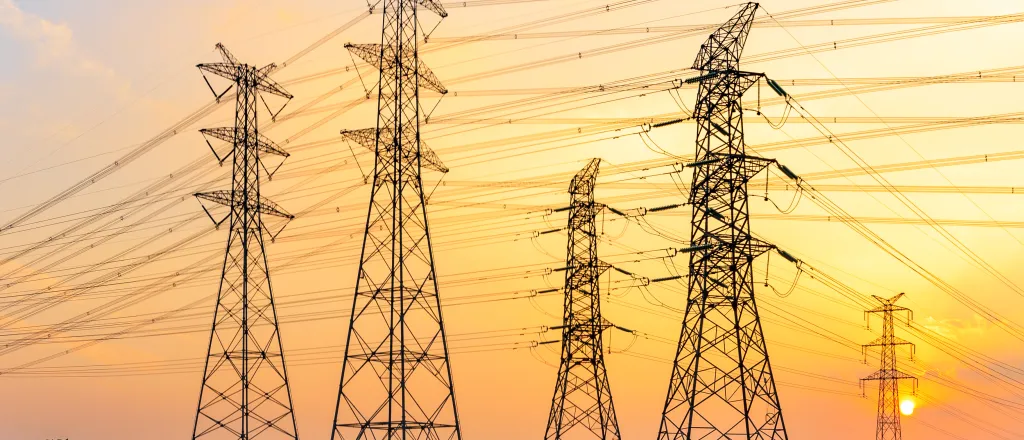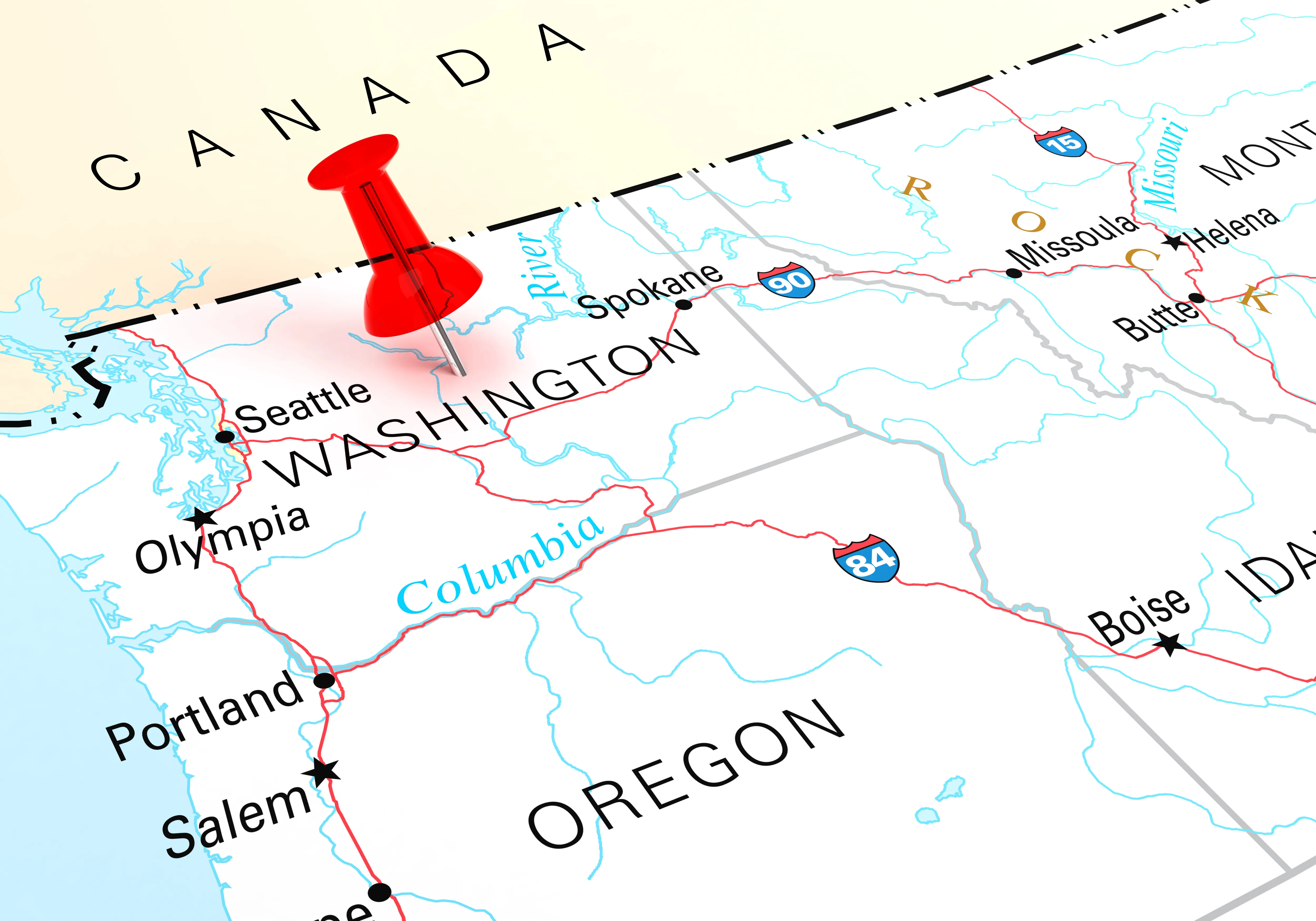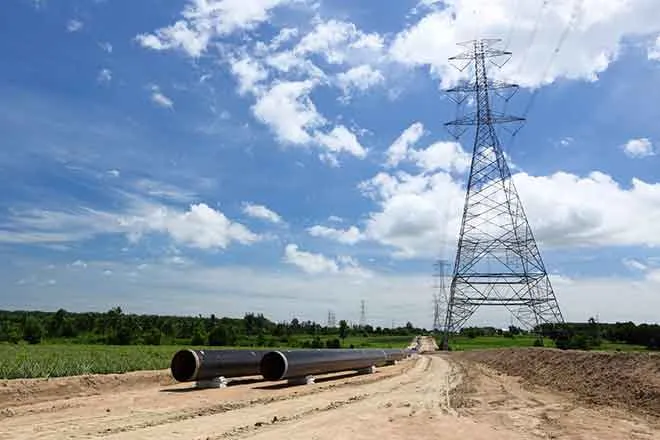
Nevada conservation group supports FERC's transmission planning rule
© iStock - zhaojiankang
Click play to listen to this article.
(Nevada News Service) A new plan for updating the power grid is being applauded by a Nevada conservation group. The goal is a path toward a more resilient and cost-effective energy grid.
Russell Kuhlman, executive director of the Nevada Wildlife Federation, said the rule is the Federal Energy Regulatory Commission's first step in more than a decade to modernize and expand the electrical grid to meet increasing energy demands and the climate crisis. Prior to the rule, Kuhlman said, transmission lines were being patchworked, which he said hasn't been good enough.

"We can build and build and create all the energy in the world, but our system to deliver that to households and individuals is still stuck in the 20th century," he said. "So, what this plan is going to do is really address that, and not only figure out what to do now but also account for our energy uses for the next 20 years."
The rule requires grid operators to plan over a 20-year time period, with regular updates. As the nation depends more on renewable energy, Kuhlman said, the rule will ensure transmission planning gives more groups a seat at the table to address local needs, including how the lines affect wildlife and public lands.
A Department of Energy study finds the U-S will need to double its existing regional transmission capacity to meet its renewable energy goals by 2035. But experts say there aren't enough high-voltage power lines being built.
Veronica Ung-Kono, a staff attorney with the National Wildlife Federation, argued that operators need to build that infrastructure responsibly, especially with so many wildlife species already at risk.
"This is the first time that we are really starting to ask ourselves, 'What is the cost of climate change?' And we are actually starting to see that with wildlife," she said.
Critics of the rule have argued it would allow for states that want more renewable energy to unjustly pass the costs on to neighboring states. However, Ung-Kono said states that don't benefit from a transmission project would not be expected to pay for it.
















